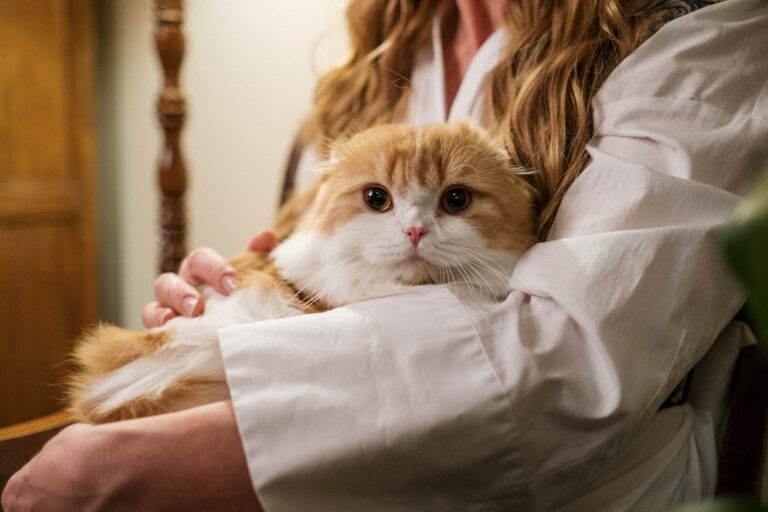
Estate Planning can Include Pets as Well as ‘Regular’ People
Who could forget the headlines when billionaire Lenora Helmsley was found to have set aside $12 million for her dog, aptly named Trouble, after she passed? You don’t have to be a billionaire to want to protect your animal companion, says a recent article from The Wall Street Journal, “Putting Pets in Your Will Is No Longer Just for Eccentric Billionaires.”
One family created their will with instructions for caring for their two young children, naming a guardian and a plan for distributing their assets, a basic part of an estate plan. They’ve also planned for their two dogs, naming a sister as their caretaker.
No matter how much you love your dog, cat, horse, or mouse, they are legally considered personal property. If there are no directions in the will for who will take care of your pets when you die, they will go to whoever inherits your property, with no guarantee of what will happen to them. Worse, if you die without a will, the laws of your state will determine what happens to them.
Many pets whose owners die end up at shelters, and not every city has no-kill shelters. This situation is not great for older pets or those with medical conditions who aren’t as adaptable as puppies or kittens. Large birds, like parrots, can live as long as humans, making plans for their future especially important. Other animals end up abandoned, living on the streets.
In other words, don’t assume your family members love your pet as much as you do. You need to make a plan for their future.
Some shelters have programs helping people include pets in their wills, often tied to making a bequest to be made to the shelter to fund the pet’s care.
When parents pass, and a guardian has been named to care for children, there is usually a certain degree of court supervision. However, the same isn’t true for pets. If you choose to name a pet’s caretaker in the will and provide assets for the pet’s care, there’s no one watching to be sure your beloved animal companion is being cared for with the money you provided.
An enforceable alternative is the creation of a pet trust. The caretaker and the trustee should be different people. A trustee’s fiduciary duty is to ensure that the assets in the trust are being used for their intended purpose. The caretaker is responsible for the pet’s overall quality of life.
Your estate planning attorney will be able to create a trust to care for your beloved animal companions, so they will be safe and well cared for. You don’t have to be a billionaire to make this happen.
Reference: The Wall Street Journal (Aug. 10, 2024) “Putting Pets in Your Will Is No Longer Just for Eccentric Billionaires”


